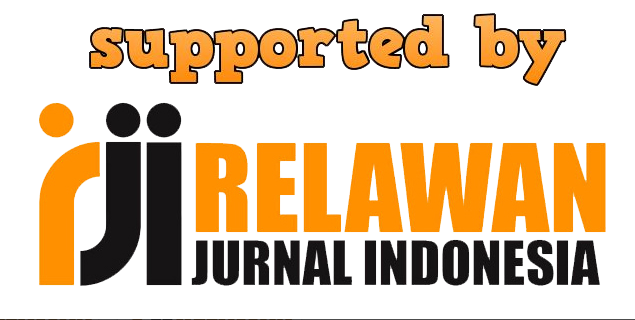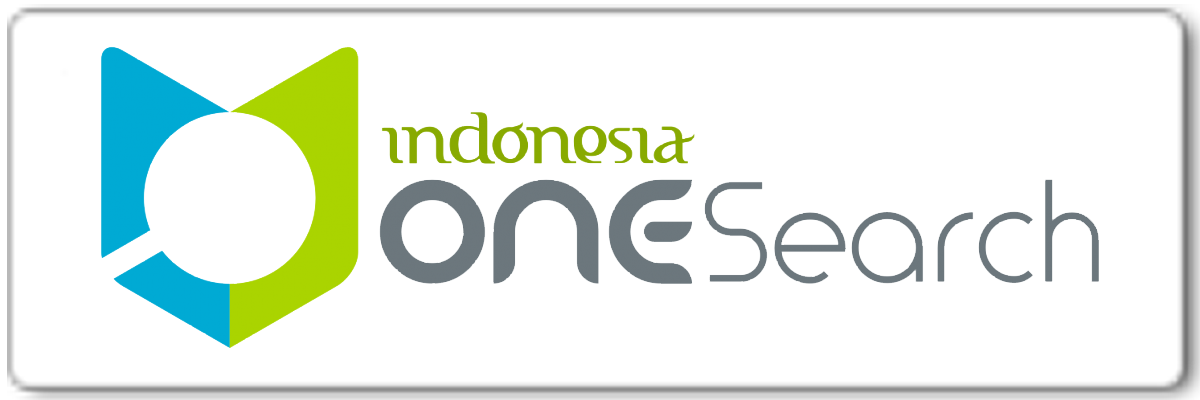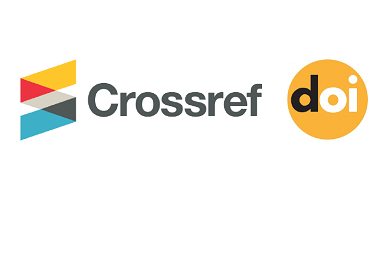Author Guidelines
REPORTING STANDARDS
The original research writer must present an accurate report on the work done and the results, followed by an objective discussion about the importance of the work. The manuscript must contain sufficient details and references to enable others to replicate the work. Review articles must be accurate, objective and comprehensive, while 'opinions' or pieces of editorial perspective must be clearly identified. False or intentionally inaccurate statements are unethical and unacceptable behavior.
DATA ACCESS AND STORAGE
Authors can be asked to provide raw data from their studies along with the manuscript for editorial review and must be prepared to make data available to the public if possible. In any case, the author must ensure the accessibility of the data to other competent professionals for at least 10 years after publication (preferably through an institutional or subject-based data repository or other data center), provided that the confidentiality of participants can be protected and legal rights regarding data ownership not blocking his release.
ORISINALITY AND PLAGIARISM
The author must ensure that they have written and submitted only works that are entirely original, and if they have used the work and / or words of others, that this has been quoted appropriately. Publications that have been influential in determining the nature of the work reported in the text must also be quoted. Plagiarism takes many forms, from "passing" other people's papers to the author's, to copying or paraphrasing important parts of other papers (without attribution), to claim the results of research conducted by others. Plagiarism in all its forms is an unethical and unacceptable publishing behavior.
THE SAME PUBLICATION IN OTHER JOURNALS
An author may not publish articles that contain the results of research and the same substance more than one journal or other publication. Submitting the same article to more than one journal is unethical behavior in publication and unacceptable.
RECOGNITION OF SOURCES
Authors must ensure that they have recognized the work of others correctly, and must also quote publications that have an influence on determining the nature of the reported work. Information obtained privately (from conversations, correspondence or discussions with third parties) may not be used or reported without written permission from the source. Authors may not use information obtained during providing confidential services, such as reference manuscripts or grant applications, unless they have obtained explicit written permission from the authors involved in this service.
PEER REVIEW
The author is obliged to participate in the peer review process and cooperate fully with immediate response to the editor's request for raw data, clarification, and evidence of ethical approval, patient approval and copyright permission. In the case of the first "necessary revision" decision, the author must respond to reviewers' comments systematically, point by point, and at the right time, revise and re-submit their manuscript to the journal with the given deadline.
PUBLISHED PUBLIC ERRORS
When the authors find significant errors or inaccuracies in their published work, it is their duty to immediately notify the editor or publisher of the journal and work with them to correct the erratum writing or retract the paper. If the editor or publisher knows from a third party that a published work contains significant errors or inaccuracies, then it is the duty of the author to immediately correct or withdraw the paper or provide evidence to the journal editor about the correctness of the paper. For guidance on revoking or correcting articles and contacting Biolearning Journal editors ...










.png)






